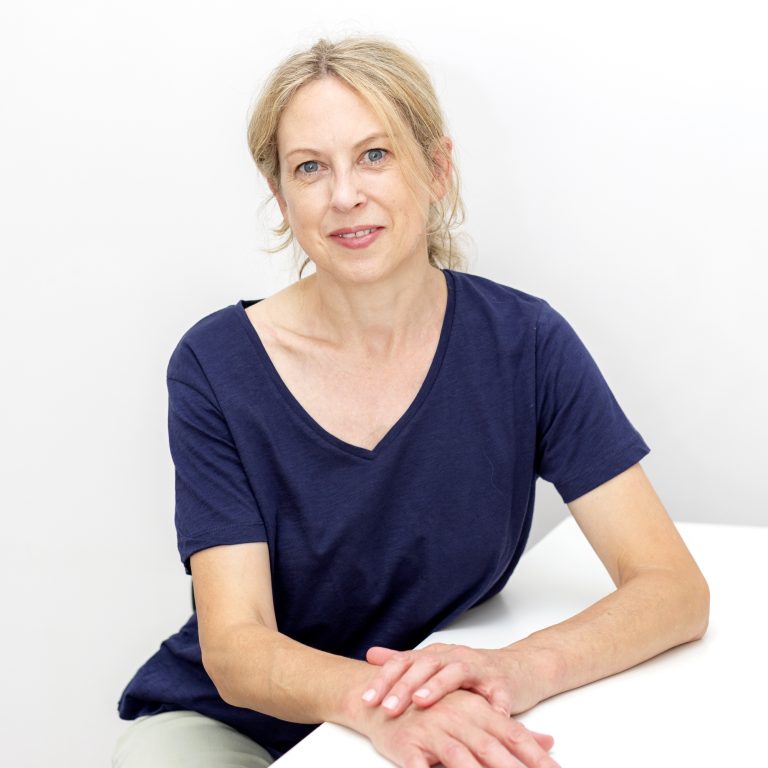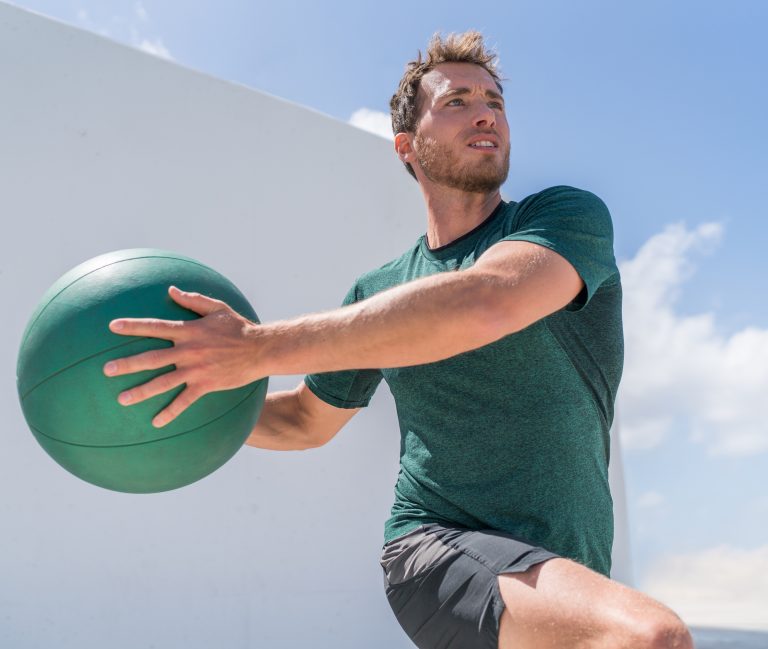

Alison Durant
Alison graduated with a Bachelor of Science degree in osteopathy in 2001 and has since worked in a variety of osteopathic practices and gyms before establishing her own osteopathic practice in Kensal Rise, West London. During a fifteen year period she coordinated and taught practical osteopathic skills at the British School of Osteopathy. In 2014 Alison completed a postgraduate training course at the Gray Institute in the US – the foremost teaching institution for functional biomechanics – becoming a Fellow of Applied Functional Science.
More recently Alison trained in Cognitive Functional Therapy which focuses on the importance of the psychological and social factors that contribute to pain; an understanding of these and other lifestyle factors is essential in providing a comprehensive recovery strategy.
At the core of her practice is an understanding of the interaction between biomechanics and the pain process in the context of the individual patient. In doing so she endeavours to help patients understand the factors contributing to their pain and provide practical home exercise programmes and advice to improve it.
The Process
The initial assessment and treatment is approximately 60 minutes. You’ll be asked to complete a questionnaire ahead of your appointment that gives an initial indication of how your pain is affecting you. At your consultation a thorough case history will be taken the objective of which is to have a clear understanding of your symptoms, your general health and all the factors – including lifestyle factors – that could be contributing to your pain.
A biomechanical assessment will be carried out to assess range of movement and other motor abilities such as strength and coordination and help build a picture of the mechanical factors that may need addressing as part of the treatment plan.
Alison will help you to understand why you are experiencing symptoms and work with you to agree a tailored strategy for recovery – which may comprise a combination of hands-on osteopathic techniques, movement therapy, home exercises and any other advice that is pertinent to your particular presentation and circumstances.
Sometimes a single session is sufficient but often a follow-up appointment(s) will be necessary to ensure that you are firmly on the road to recovery and able to self-manage your symptoms if necessary.
Read more about pain associated with specific areas of the body in the “Treatments for” section.
To book an appointment or if you have any questions you’d like to run by me:


